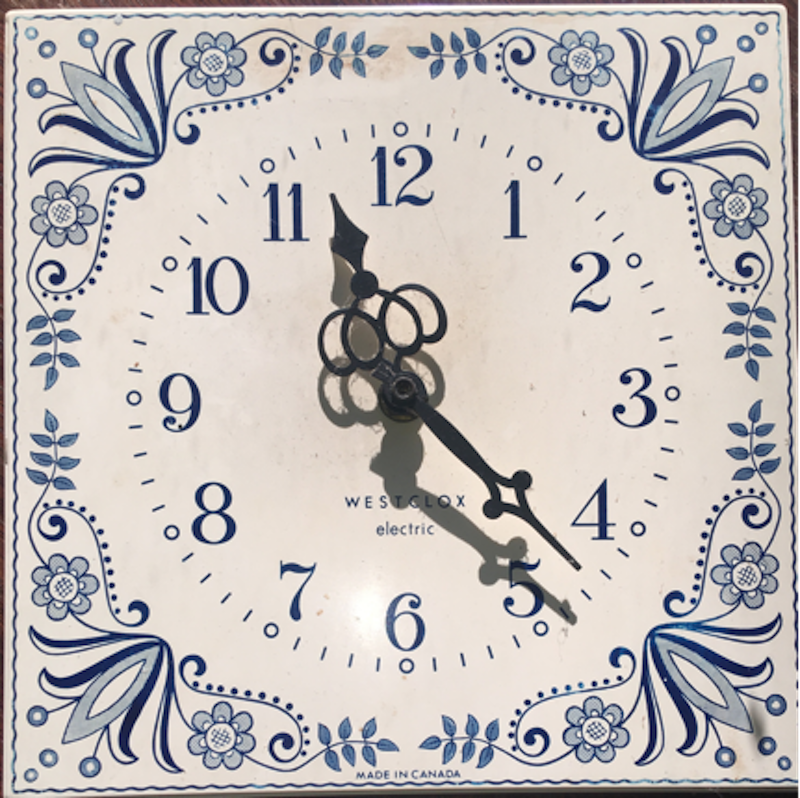COLOURS OF TRUTH
Blue, blue, blue, blue in the sky
Red, red, red, red in my heart
Green in the hills, gold in the sunset
Truth takes the colours of here and now—
Dressed in the shades of the rainbow
Flows as a mountain stream
Or sparkles with jewels
In a velvet dress at night.
Burns as a blaze at dawn,
And celebrates the fall
In a yellow gown. (J. E.)
“For things to reveal themselves to us, we need to be ready to abandon our views about them.”
Thich Nhat Hanh.

Here’s a Zen anecdote about the difference between Buddha and his image:
Once, Ikkyu was staying at a temple. The night was cold and there were three wooden Buddhas in the courtyard, so he made a fire and burned one to keep warm.
When the priest came and saw what was happening, he was angry, “What are you doing burning the Buddha, are you a mad?” he yelled.
In response, Ikkyu started searching through the ashes with his stick.
The priest asked, “What are you doing?”
Ikkyu answered, “Im looking for the bones of the Buddha.”

A Koan from the The Gateless Gate collection:
“What did your face look like before your parents were born?”
Did you ever wish that you could connect with your father or someone close to you in all openness and intimacy, without their beliefs and habits of thought getting in the way?
A Zen poem by the same Ikkyu as above makes that Koan come alive:
Hearing a crow with no mouth
Cry in the deep darkness of the night,
I feel a longing for
My father before he was born.
Here’s another Koan that uses humour and imagination:
“A person is high up in a tree, hanging by the mouth from a branch. Imagine that their hands and feet can’t reach another branch.
Someone comes under the tree and asks a vitally important question. If they open their mouth to answer, they will fall and suffer injuries. If they don’t answer, something equally bad might happen. What should the person do?”
Let’s look look beyond the unlikely scenario depicted here: YOU are the protagonist here, like in many other Koan. YOU are the one up the tree. Identify with that person even if you are not into climbing trees or biting into bark.
This Koan illustrates the meaning of the saying, “caught between a rock and a hard place.” Did you ever face a question where you were not prepared to go into a subject, yet ignoring the question was not a good option either? Indeed, the issue comes up during many a conversation: Should you take a risk and reveal your heart, or be discreet and talk around the matter?
Politicians face this question all the time, yet, this problem is not limited to them: when to speak and when to remain silent is a vital problem between a lawyer and a judge, between spouses, between parents and their children, and between friends.
At another level, just opening your mouth already gets you into trouble, as there are are big problems with words:
Words are often abstract. Not only are terms such as philosophy or theology abstract, but we use many other words such as love, compassion, and even mindfulness in an abstract way. They are menu items instead of the food itself. Here’s the difference: Does a word refer to your own experience, or is it standing for something that is defined by other words such as in a dictionary?
Words are black and white in meaning, but in reality there are a thousand shades of gray.
Knowing the word for something gives the false impression that we know the thing itself. Knowing the word “whale” I think I know something, but what do I really know about whales?
Yet, what’s the alternative to using words?
Here is a paradox:
Zen defines itself as a special transmission beyond words and letters, yet Amazon lists over 40,000 books with Zen in the title.
WISDOM AND MINDFULNESS
Wisdom and mindfulness go hand in hand.
Wisdom points to a wider perspective.
Mindfulness makes it possible to live from that wider perspective everyday.
Thinking takes off from awareness, and goes on.
The phrase ‘train of thought’ refers to the way thoughts follow one another like train cars do.
Thoughts can separate us from where we actually are and what we are doing.
Thinking is like a trip: you get on a plane and it takes you somewhere, except that in thinking this could be an imaginary place. Just observe the destination board at the airport of your mind.
Is this flight taking you to heaven or to hell?
If it is going to hell, change flights.

TIME
Dogen said, “The rat is time, the tiger is time, sentient beings are time, buddhas are time. The truth merely manifests itself for the time-being as an ordinary person.“
Let us not see time only as an abstraction—time is not separate from life. When we are completely absorbed in what we are doing, we lose the notion of time. We become time. The focus is on experience.
When we start thinking about time—the past, the present, the future—self-consciousness begins. Without the idea of time, life just goes on. The blood flows, the breath flows. Let us see time anxiety as a function of the ego-mind. The planets have no anxiety about being late or early. A baby has no anxiety about being born on time.
As I identify with the mind of nature, time anxiety fades. I feel my own breath as nature breathing through me. I contemplate the past and the future while remaining anchored in the present. It’s the conscious mind that sees time as an abstract quantity and divides it into an orderly sequence of hours and miliseconds.
A last word from Thich Nhat Hanh: “Time is not money, time is life, time is love.”
A NEW APP FOR THE PRACTICE OF ZEN
Zen: Awakening to Well-being is now available on the App store.
It features 7 short Guided Meditations, one for each day of the week.
The themes range from The Essence of Zen to Relationships and Stress Reduction.
